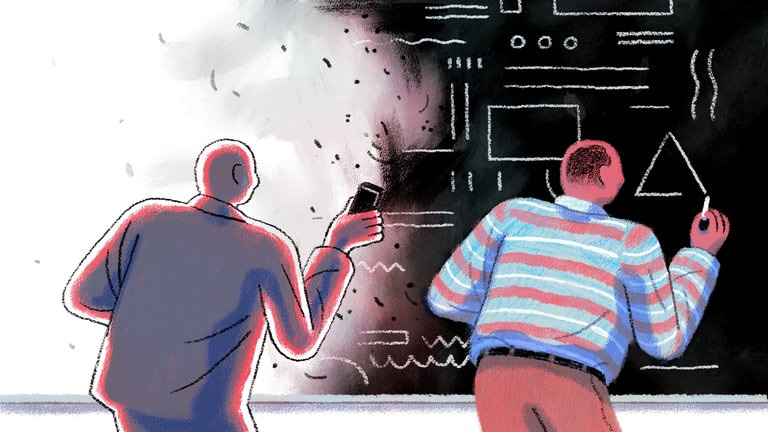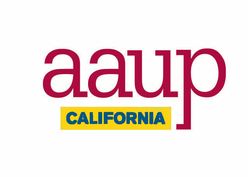AAUP Annual Conference on the State of Higher Education
With its thematic focus this year on the rights and freedoms of students, the June 14–18 conference in Washington, DC, honors the fiftieth anniversary of the Joint Statement on the Rights and Freedoms of Students, issued by the AAUP along with four other groups in 1967. Conference presentation topics include historical and contemporary perspectives on student activism, the impact of digital media on student rights and freedoms, race and diversity on campus, the rights of graduate student workers, and the tension between faculty and student rights.
Friday's luncheon speaker will be Ibram X. Kendi, assistant professor of African American history at the University of Florida and winner of the 2016 National Book Award for Nonfiction for Stamped from the Beginning: The Definitive History of Racist Ideas in America.
Learn more about and register for the conference at https://www.aaup.org/2017-conference. Early-bird registration rates are available until April 15.
Webinar: Academic Freedom in the Age of Trump, February 28
This webinar addresses academic freedom concerns for faculty in the aftermath of the 2016 election. Current threats to academic freedom include the Professor Watchlist website and legislative and gubernatorial attacks on individual faculty members, course offerings, governing boards, the institution of tenure, and the institutional autonomy of colleges and universities. The webinar will provide an overview of the concept of academic freedom, describe recent attacks on academic freedom, and discuss how you can defend it.
Presenter Hans-Joerg Tiede is a senior program officer in the AAUP's department of academic freedom, tenure, and governance. The webinar is offered free of charge and registration is limited to AAUP members and field staff. Register at https://www.aaup.org/event/webinar-academic-freedom-age-trump.
March 15 Awards Deadline
Consider making a nomination for an AAUP award recognizing individuals or administrators and trustees. The nominations deadline for all awards is March 15. Full guidelines and application procedures appear on the AAUP website at https://www.aaup.org/our-programs/awards.
Career Center
The AAUP has an online career center to help colleges and universities connect with qualified applicants. Whether you are filling a vacancy in your department or seeking a new position, this resource is an easy way to broaden your search. To learn more or create an account, visit https://www.aaup.org/career-center.


 RSS Feed
RSS Feed